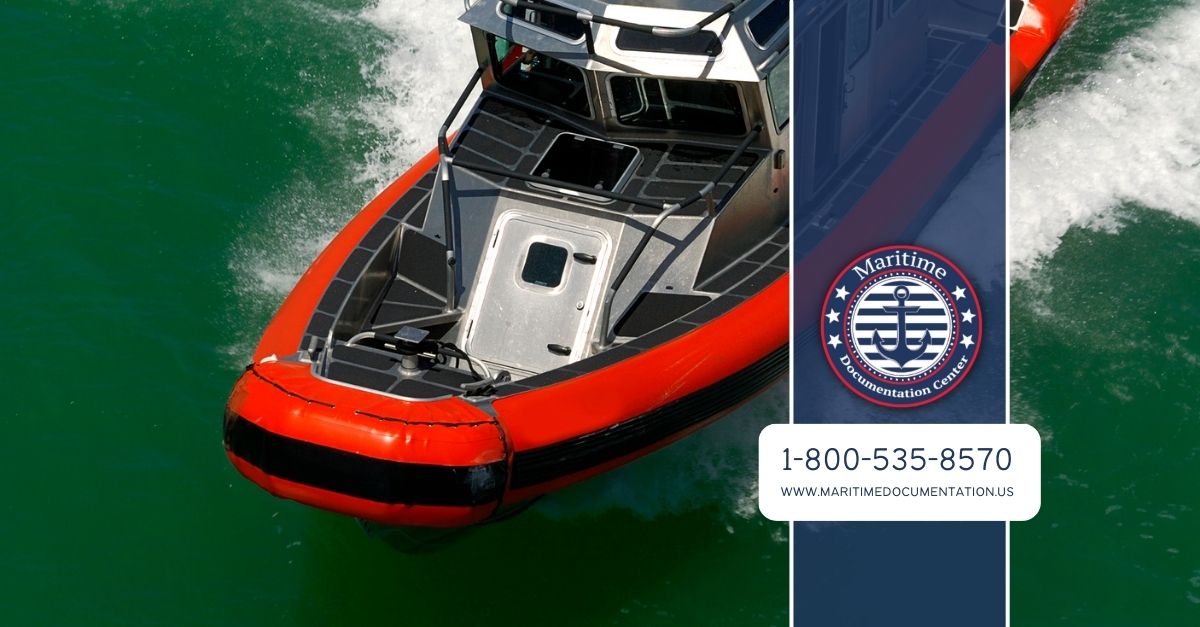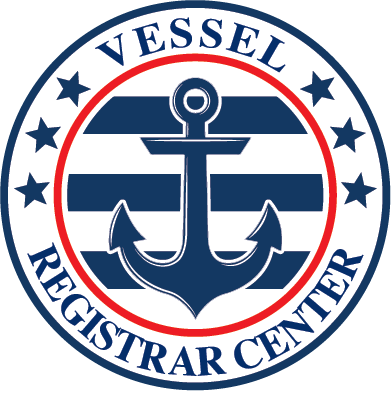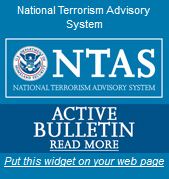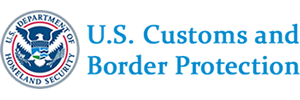The United States Coast Guard is a highly adaptable institution. Not only do they keep us safe from marine dangers by patrolling our coastlines, but they also provide various additional services that are useful to ship owners. This article will examine the Coast Guard and the Maritime Documentation Center and their services to businesses and individuals. These are just a few advantages you’ll enjoy as a ship’s owner when cooperating with the U.S. Coast Guard.
Explicit material, including how to get in touch with them and access their numerous programs, may be found on their website. There is no better agency than the U.S. Coast Guard to safeguard your interests in all things boating, from ensuring your boat is properly registered and equipped with safety gear to assist you in finding a marina or chartering a boat during your trip. The Coast Guard can help in the following ways:
Help Keep Your Boat Safe While on the Water
Accidents on the water may occur for a variety of reasons: some individuals don’t care and make poor choices about what they do when they are on their boat; some boats are not well maintained, and other boaters aren’t knowledgeable enough about their vessels to know how to manage them securely. The United States Coast Guard is stationed in and around our seas to keep a watchful eye on activities taking place there so that they may identify those behaving irresponsibly or violating the law.
They will, for instance, warn the person in question before issuing a ticket if they see someone fishing without the appropriate license. They will first warn the person in question if they see anybody aboard their boat engaging in reckless or negligent behavior before taking further action.
The United States Coast Guard Offers Tips and Advice for Safe Boating Practices
Their boat safety program is designed to educate people of all experience levels on navigating the waterways safely. They may direct you to places where you can obtain practical experience or study for a license to operate watercraft. With their assistance, you can get the training you need to join the Coast Guard Auxiliary officially. If you’re nervous about taking your boat out on the wide water, this is a fantastic opportunity to hone your abilities.
Additionally, they provide training that may be mandated by law for the operation of certain types of watercraft. For example, it is not only the law in certain jurisdictions but also a good practice for powerboat operators to always carry safety gear such as flares and life jackets. The Coast Guard may also aid with a wide variety of additional licenses and inspections your boat may need if used on international seas.
Enforce Navigational Laws and Regulations
The United States Coast Guard is the oldest military service department, and its primary mission is to uphold maritime law and order. The first time Congress authorized the recruitment of a naval service branch was probably in 1789 when they authorized hiring a captain, two mates, a surgeon, and four privates. The primary responsibility of these individuals was to uphold the law on board ships and stop smuggling. Although smuggling is still a problem today (one-third of all narcotics entering the United States enter via ports), it is more comparable to rescue operations.
Whether using its fleet or civilian vessels under contract, the Coast Guard is responsible for maintaining the safety of navigation in U.S. waterways. Also, inside their territorial seas, they may perform SAR operations and monitor compliance with regulations (including some land areas). This entails, among other things, responding to emergency calls from ships and planes, cooperating with foreign law enforcement to ensure that drug laws are followed on board ships, and apprehending criminals who are trying to transport illegal goods into the United States.

Rescue You and Your Passengers If Needed
The Coast Guard will rescue you if you are in danger while on the sea. They can pull your boat to safety if it starts to sink. If your vessel is too large to be towed, emergency medical services and a helicopter may be sent to bring you to safety. In bad weather, they can provide forecasts and recommend safe detours.
They can point the way if you become lost at sea or on land and are far from home. They may board your boat and make repairs if it is sinking or spilling fuel or other substances into the water. No matter how much of a mess was created before it sank, it can be cleaned up afterward. The United States Coast Guard can assist you if you are in a bind from which you cannot extricate yourself without assistance.
The Maritime Documentation Center is a great place to learn more about the United States Coast Guard. They have detailed information on everything from recruitment and training to duties and qualifications. Call them at (800) 535-8570 or visit them online today!




